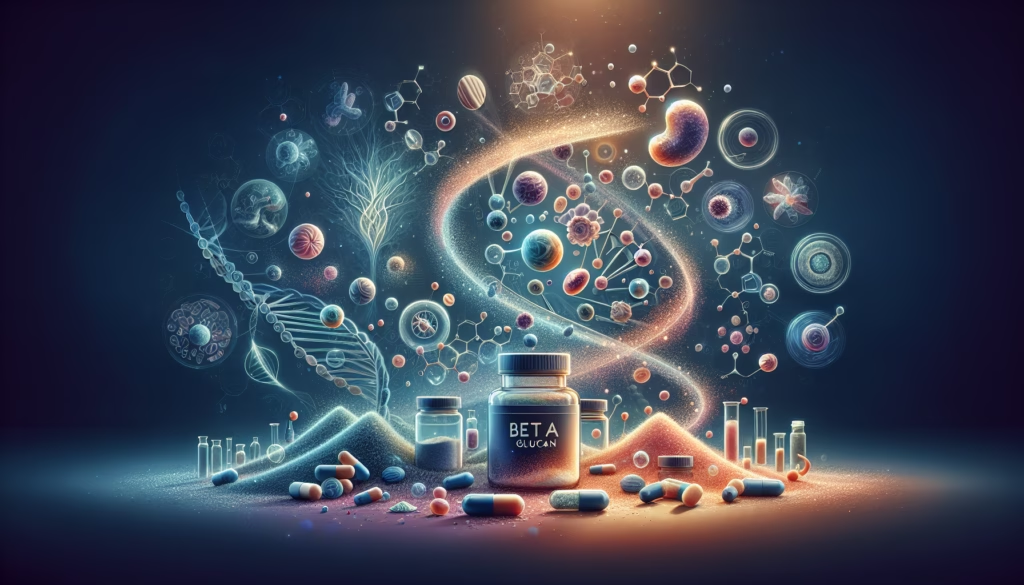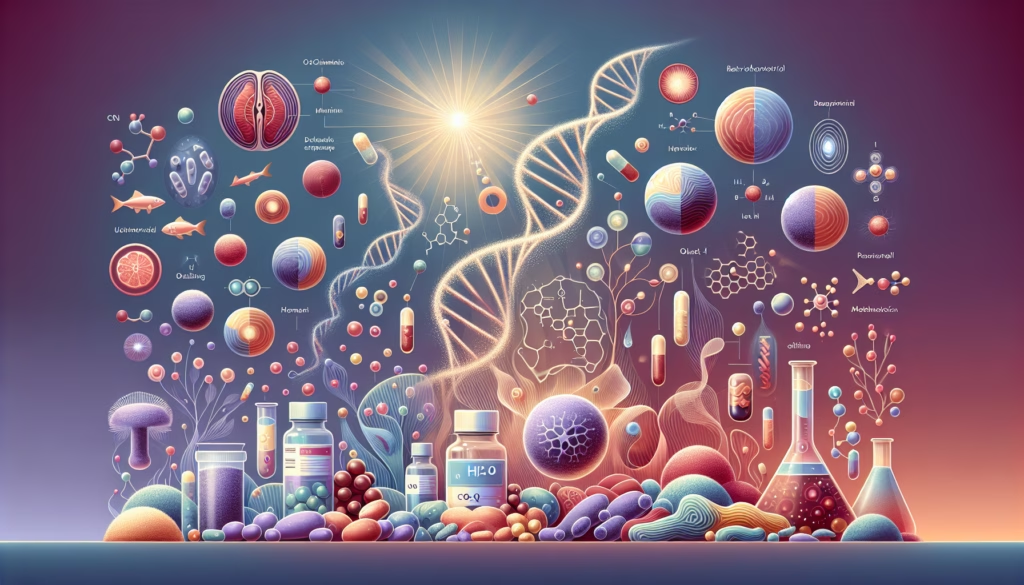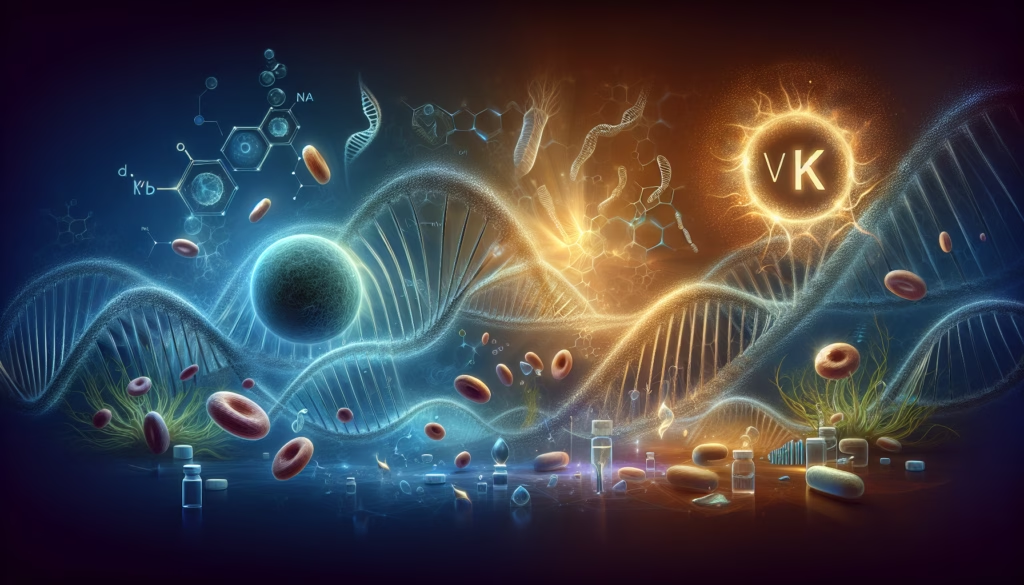
Beta Glucan
Discover the science-backed potential of beta glucan as an adjunct in cancer therapy. This post delves into the latest research
Click 
Curcumin (diferuloylmethane) is a natural polyphenol found in the rhizome of Curcuma longa (turmeric). Its anti-cancer properties are attributed to its multi-targeted effects on various cellular processes involved in cancer development and progression.
Curcumin directly interacts with and inhibits the activity of NF-κB, a transcription factor that regulates the expression of genes involved in inflammation, cell survival, and proliferation. By suppressing NF-κB, curcumin downregulates the production of pro-inflammatory cytokines (e.g., TNF-α, IL-6) and enzymes (e.g., COX-2) that contribute to tumor growth and metastasis. For example, studies have shown that curcumin can reduce TNF-α levels by up to 70% in certain cancer cell lines.
Curcumin promotes apoptosis (programmed cell death) in cancer cells by modulating the expression of pro-apoptotic (e.g., Bax, Bak) and anti-apoptotic (e.g., Bcl-2) proteins. This disruption of the balance between these proteins leads to the activation of caspases, executioner enzymes that dismantle the cell from within. In vitro studies have demonstrated that curcumin can increase the Bax/Bcl-2 ratio by up to 4-fold in some cancer cell types, triggering apoptosis.
Curcumin can induce cell cycle arrest at various phases (G1, S, G2/M) by interfering with the activity of cyclin-dependent kinases (CDKs) and their regulatory partners, cyclins. This inhibition prevents the uncontrolled proliferation characteristic of cancer cells. For instance, curcumin has been shown to induce G2/M phase arrest in breast cancer cells by downregulating cyclin B1 and CDC2 expression.
Curcumin influences cellular metabolism by:
Studies suggest curcumin can modulate mitochondrial respiration and induce oxidative stress specifically in cancer cells, potentially exploiting their altered metabolic state for selective targeting. For example, curcumin has been shown to decrease mitochondrial membrane potential and increase reactive oxygen species (ROS) production in cancer cells but not in normal cells.
Research indicates curcumin may inhibit glycolysis, the process of breaking down glucose for energy, which is often upregulated in cancer cells (Warburg effect). In vitro studies have demonstrated that curcumin can reduce glucose uptake and lactate production in cancer cells by up to 50%, potentially starving them of energy.
While preclinical studies are promising, clinical evidence supporting curcumin’s efficacy as a standalone cancer treatment remains limited. However, several phase I and II clinical trials have shown potential benefits when curcumin is used as an adjuvant therapy. For example:
– A phase II trial in pancreatic cancer patients showed that combining curcumin with gemcitabine led to increased median survival time compared to gemcitabine alone (8.4 months vs. 5.2 months).
– A phase I trial in colorectal cancer patients demonstrated that curcumin could reduce aberrant crypt foci (ACF) formation, a precursor to colorectal cancer, by up to 40%.
Curcumin’s multi-targeted effects on inflammation, cell survival, proliferation, and potentially cellular metabolism align with the metabolic theory of cancer, which posits that metabolic dysregulation is a hallmark of cancer development. This theory, proposed by Thomas Seyfried and others, suggests that cancer is primarily a disease of cellular metabolism rather than genetic mutations. Curcumin’s ability to modulate multiple metabolic pathways, including glycolysis and mitochondrial function, supports its potential role in addressing the metabolic alterations observed in cancer cells.
Clinical trials have used varying doses of curcumin, typically between 8-12 g/day in multiple divided doses. However, optimal dosage and bioavailability remain areas of active research. Some key points to consider:
– Bioavailability is a major challenge, as curcumin is poorly absorbed in the gastrointestinal tract. Various formulations (e.g., nanoparticles, liposomes) have been developed to enhance absorption.
– A phase I clinical trial found that doses up to 8 g/day were well-tolerated, with peak plasma concentrations observed at 1-2 hours post-administration.
– Some studies have used combination approaches, such as co-administration with piperine (a compound from black pepper) to enhance bioavailability by up to 2000%. It’s important to note that these doses are significantly higher than what is typically consumed through dietary sources, and long-term safety data at these high doses is still limited.
Breast Cancer, Colorectal Cancer, Pancreatic Cancer, Prostate Cancer
Curcumin is generally well-tolerated at lower doses.
However, high doses or prolonged use may cause:
– Gastrointestinal discomfort: Nausea, diarrhea, and abdominal pain have been reported in some clinical trials, particularly at doses above 8 g/day.
– Skin reactions: Allergic reactions, including contact dermatitis, have been observed in rare cases.
– Drug interactions: Curcumin may interact with blood thinners like warfarin, potentially increasing the risk of bleeding. It may also affect the metabolism of certain drugs by inhibiting cytochrome P450 enzymes.
– Iron chelation: High doses of curcumin may interfere with iron absorption, which could be a concern for individuals with iron deficiency. It’s important to note that most side effects are dose-dependent and reversible upon discontinuation of curcumin supplementation.
Preclinical studies suggest potential synergistic effects when curcumin is combined with conventional chemotherapy or radiotherapy.
For instance:
– In vitro studies have shown that curcumin can enhance the sensitivity of cancer cells to cisplatin, a common chemotherapeutic agent, by up to 80% in certain cancer types.
– Curcumin has been found to increase the radiosensitivity of cancer cells, potentially improving the efficacy of radiotherapy while protecting normal tissues from radiation-induced damage.
– Combination with targeted therapies, such as EGFR inhibitors in lung cancer, has shown promise in overcoming drug resistance mechanisms. Clinical trials investigating these combination approaches are ongoing, with early results showing potential for improved treatment outcomes and reduced side effects.
US National Library of Medicine research on curcumin
Europe PMC research on curcumin
Pubmed research on curcumin
Limited data is available on the specific impact of curcumin on quality of life in cancer warriors.
However, some studies have reported potential benefits:
– Reduction in cancer-related fatigue: A small pilot study in breast cancer warriors found that curcumin supplementation (500 mg twice daily) for 4 weeks led to significant improvements in fatigue scores.
– Alleviation of chemotherapy-induced side effects: Some studies have suggested that curcumin may help reduce nausea, vomiting, and mucositis associated with chemotherapy, potentially improving warriors’ overall well-being during treatment.
– Mood improvement: Preliminary research has indicated that curcumin’s anti-inflammatory properties may have mood-enhancing effects, which could be beneficial for cancer warriors experiencing depression or anxiety. More comprehensive, long-term studies are needed to fully assess curcumin’s impact on quality of life in cancer warriors.
We’ve done our best to include as much information as possible for this supplement.
If you have any other questions, please send us a message or join our Skool Group and ask our knowledgeable and friendly community.
Curcumin is widely available in the UK and other countries as a dietary supplement without a prescription.
Key points:
– Available in various forms: Capsules, powders, and liquid extracts
– Can be purchased from health food stores, pharmacies, and online retailers
– No regulatory restrictions on purchase or use as a supplement
However, it’s important to note that the quality and potency of over-the-counter supplements can vary significantly. Consumers should look for products that have been third-party tested for purity and potency.
While comprehensive demographic data across all curcumin studies is not available, some trends can be observed:
– Age range: Most studies include adult cancer warriors, typically 18-80 years old.
– Gender: Many studies aim for balanced gender representation, though some cancer types (e.g., breast, prostate) naturally skew towards one gender.
– Ethnicity: Studies have been conducted in diverse populations, including Asian, Caucasian, and African American participants.
– Disease stage: Both early-stage and advanced cancer warriors have been included in various trials. It’s important to note that patient demographics can significantly impact study outcomes, and more research is needed to understand how different populations respond to curcumin treatment.
The mechanisms of potential resistance to curcumin’s effects are not fully understood, but some hypotheses include:
– Efflux pump overexpression: Cancer cells may upregulate ABC transporters, reducing intracellular curcumin concentrations.
– Metabolic adaptation: Cells may develop alternative metabolic pathways to bypass curcumin’s effects on glucose metabolism.
– Epigenetic changes: Long-term exposure to curcumin may lead to epigenetic alterations that reduce its efficacy over time.
– Microenvironmental factors: The tumor microenvironment may influence curcumin’s bioavailability and effectiveness. Understanding these potential resistance mechanisms is crucial for developing strategies to maximize curcumin’s therapeutic potential and overcome treatment resistance.
Numerous preclinical studies have investigated curcumin’s anti-cancer properties in vitro and in vivo, demonstrating promising results.
Key findings include:
– In vitro studies: Curcumin has shown anti-proliferative and pro-apoptotic effects in various cancer cell lines, including breast, colorectal, and prostate cancer cells. For example, curcumin treatment (10-50 µM) has been shown to reduce cell viability by up to 80% in some cancer cell lines after 24-48 hours of exposure.
– Animal studies: Curcumin has demonstrated tumor growth inhibition in xenograft models of various cancers. For instance, in a mouse model of colorectal cancer, oral curcumin administration (100 mg/kg/day) reduced tumor volume by up to 40% compared to control groups.
– Combination studies: Preclinical research has shown synergistic effects when curcumin is combined with conventional chemotherapeutic agents. For example, combining curcumin with 5-fluorouracil in colorectal cancer models has shown enhanced anti-tumor effects compared to either agent alone. These preclinical studies have provided the foundation for current clinical trials and continue to inform new research directions in curcumin’s potential as an anti-cancer agent.
Information on currently active clinical trials can be found on platforms like ClinicalTrials.gov using the search term “curcumin” and specific cancer types. As of 2023, there are over 200 registered clinical trials investigating curcumin in various cancers, including:
– Phase I trials: Focusing on safety, dosage, and pharmacokinetics
– Phase II trials: Evaluating efficacy in specific cancer types
– Phase III trials: Large-scale studies comparing curcumin (often in combination with standard therapies) to current treatment protocols
Notable ongoing trials include investigations of curcumin in combination with immunotherapy for advanced solid tumors and as a preventive agent in individuals at high risk for colorectal cancer.
Research on genetic markers predicting curcumin response is limited, but some studies have identified potential candidates:
– NF-κB polymorphisms: Variations in genes encoding NF-κB subunits may affect an individual’s response to curcumin’s anti-inflammatory effects.
– Cytochrome P450 enzymes: Genetic variations in CYP3A4 and CYP2C9 may influence curcumin metabolism and bioavailability.
– GSTP1 polymorphisms: Variations in this gene, which is involved in detoxification processes, may affect curcumin’s chemopreventive efficacy. These findings are preliminary, and more research is needed to establish reliable genetic markers for predicting curcumin response in cancer treatment.

Discover the science-backed potential of beta glucan as an adjunct in cancer therapy. This post delves into the latest research

Explore the emerging world of hydrogen gas (H₂), also known as Brown Gas, and its remarkable potential as an adjunct

Explore the latest scientific insights into vitamin K2 and its promising role in cancer therapy. In this comprehensive blog post,
Apoptosis, or programmed cell death, is a natural process where cells self-destruct when they are damaged or no longer needed. This is crucial for maintaining healthy tissues and preventing diseases like cancer.
Drugs and supplements that induce apoptosis help eliminate cancerous cells by triggering this self-destruct mechanism, ensuring that harmful cells are removed without damaging surrounding healthy tissue.
Understanding and harnessing apoptosis is vital in the fight against cancer, as it targets the root cause of the disease at the cellular level.
Cell proliferation is the process by which cells grow and divide to produce more cells. While this is essential for growth and healing, uncontrolled cell proliferation can lead to cancer.
Drugs and supplements that inhibit cell proliferation help prevent the rapid multiplication of cancerous cells, slowing down or stopping the progression of the disease.
By targeting the mechanisms that drive cell division, these treatments play a vital role in controlling and potentially eradicating cancer.
Cancer cells often hijack specific biological pathways to grow and spread. Drugs and supplements that target these pathways can disrupt the cancer cell’s ability to survive and multiply.
By focusing on the unique mechanisms that cancer cells use, these treatments can be more effective and cause fewer side effects compared to traditional therapies.
Targeting specific pathways is a key strategy in precision medicine, offering a tailored approach to combat cancer at its core.
Angiogenesis is the process by which new blood vessels form, supplying nutrients and oxygen to tissues. Cancer cells exploit this process to fuel their growth and spread.
Drugs and supplements that inhibit angiogenesis can effectively starve cancer cells by blocking the formation of these new blood vessels.
By cutting off the supply lines that tumors rely on, angiogenesis inhibitors play a crucial role in controlling and potentially shrinking cancerous growths.
Immunotherapy harnesses the power of the body’s immune system to combat cancer. By boosting or restoring the immune system’s natural ability to detect and destroy cancer cells, immunotherapy offers a targeted and effective approach to treatment.
Drugs and supplements that support immunotherapy can enhance the immune response, making it more efficient at identifying and attacking cancer cells.
This innovative approach not only helps in treating cancer but also reduces the risk of recurrence, providing a powerful tool in the fight against this disease.
Inflammation is the body’s natural response to injury or infection, but chronic inflammation can contribute to the development and progression of cancer.
Drugs and supplements with anti-inflammatory properties help reduce inflammation, thereby lowering the risk of cancer and other chronic diseases.
By targeting the inflammatory processes, these treatments can help maintain a healthier cellular environment and prevent the conditions that allow cancer to thrive.